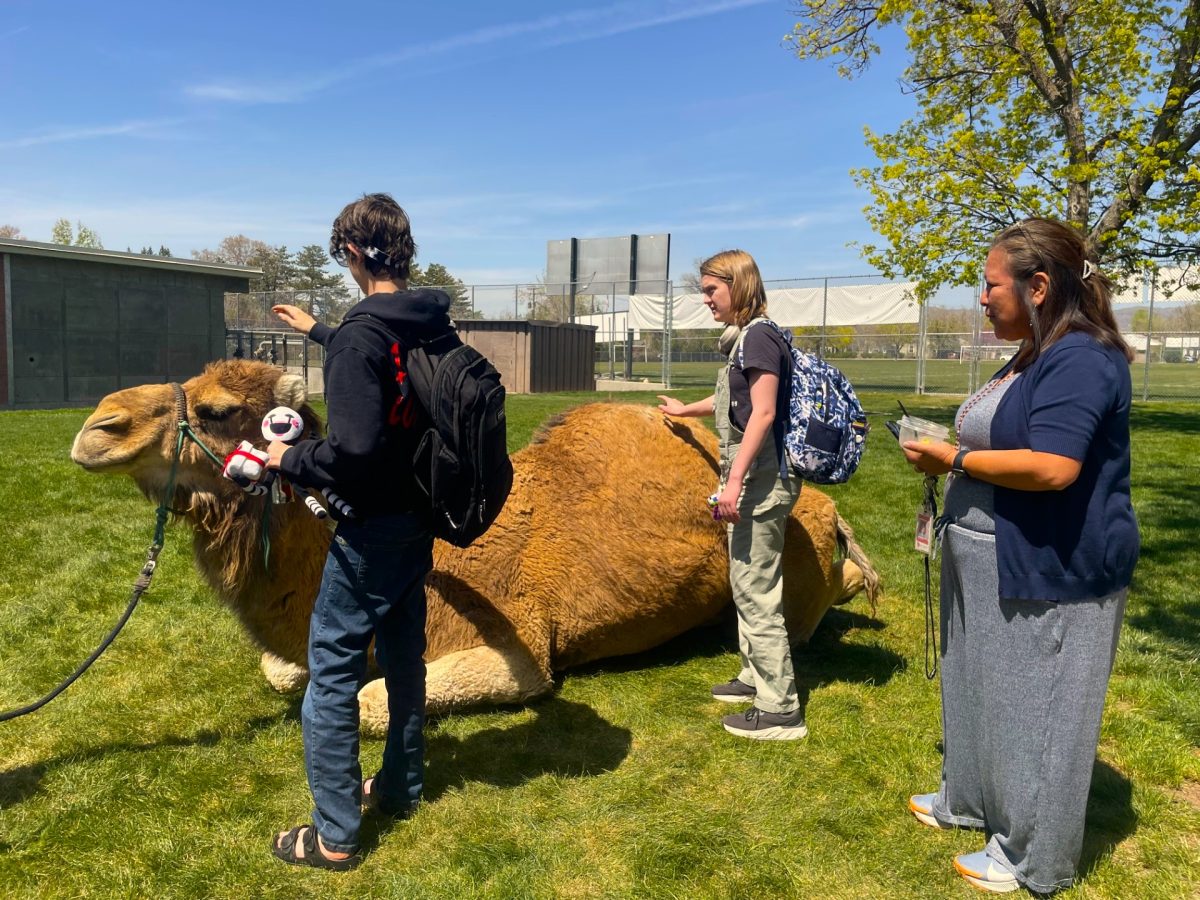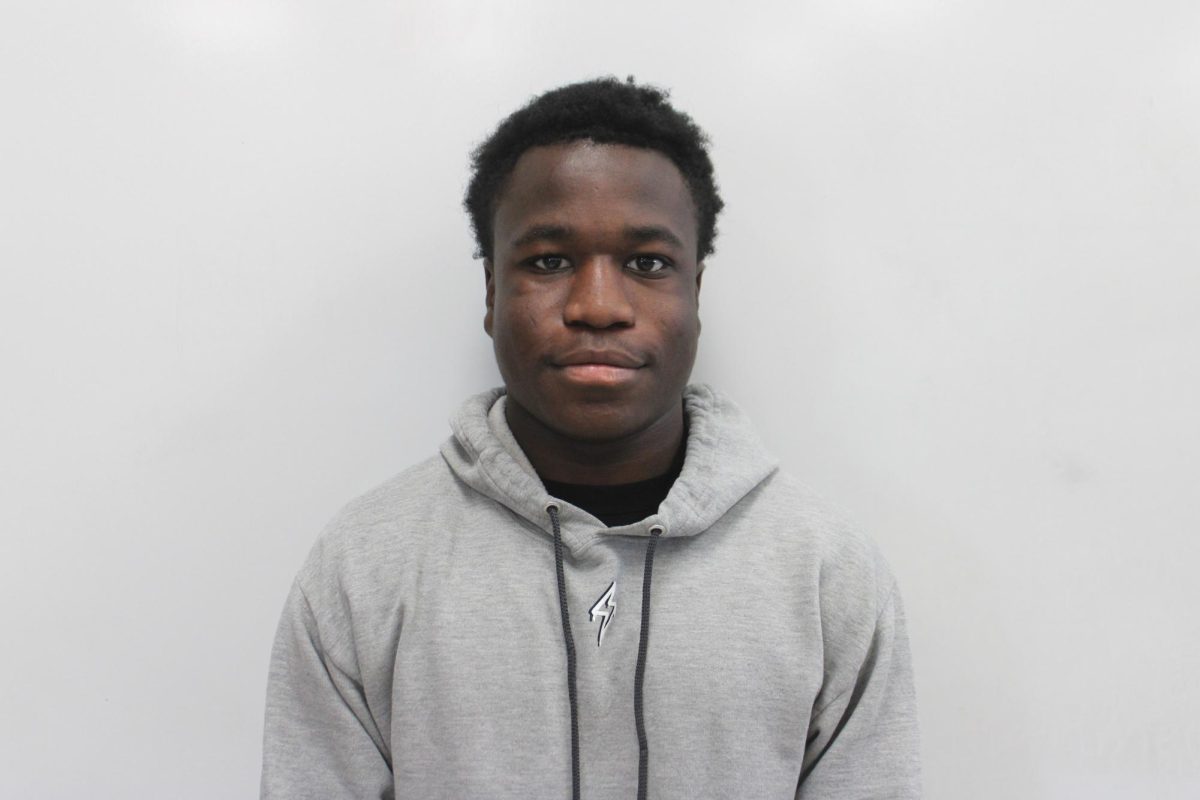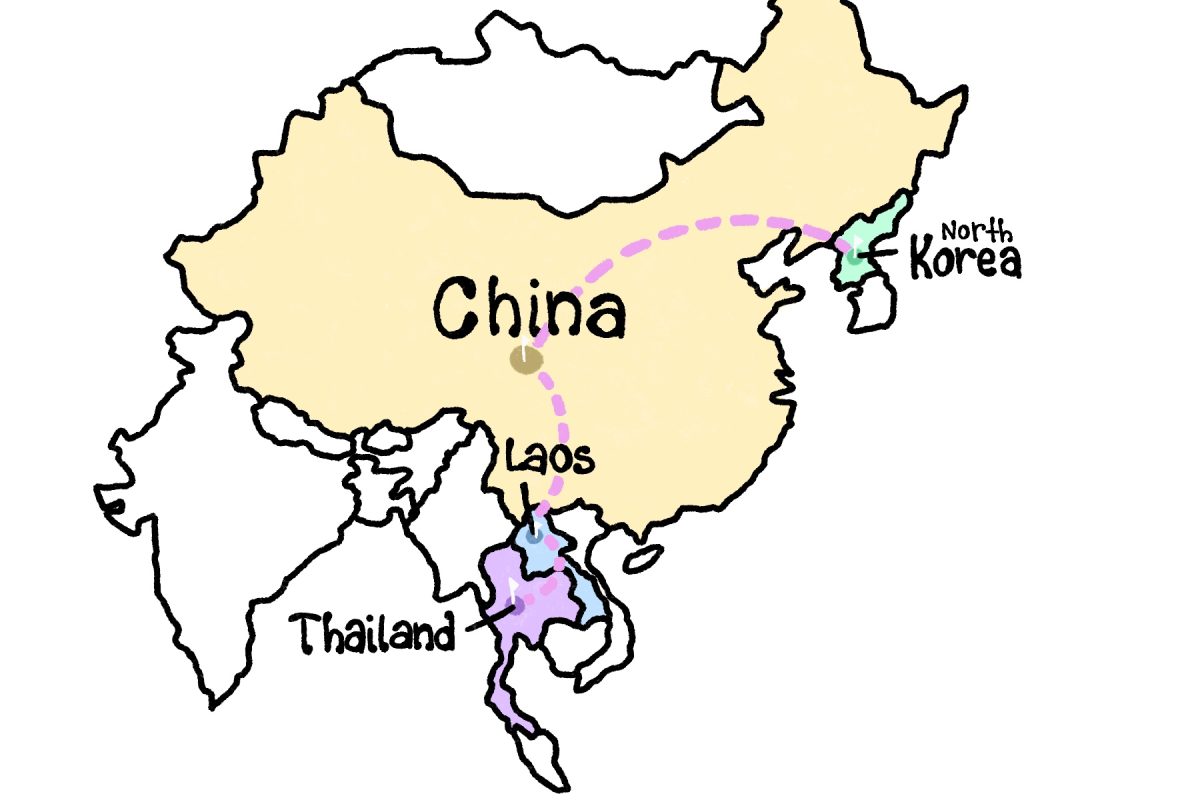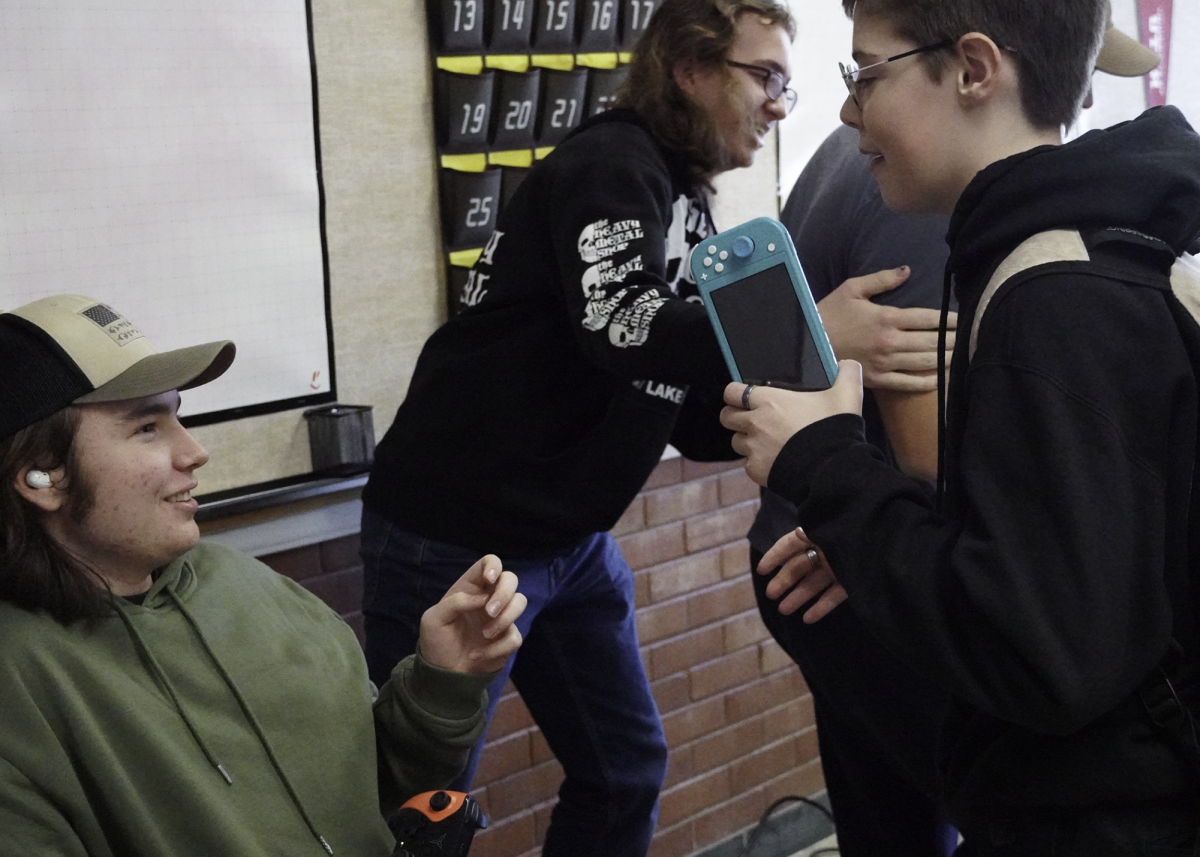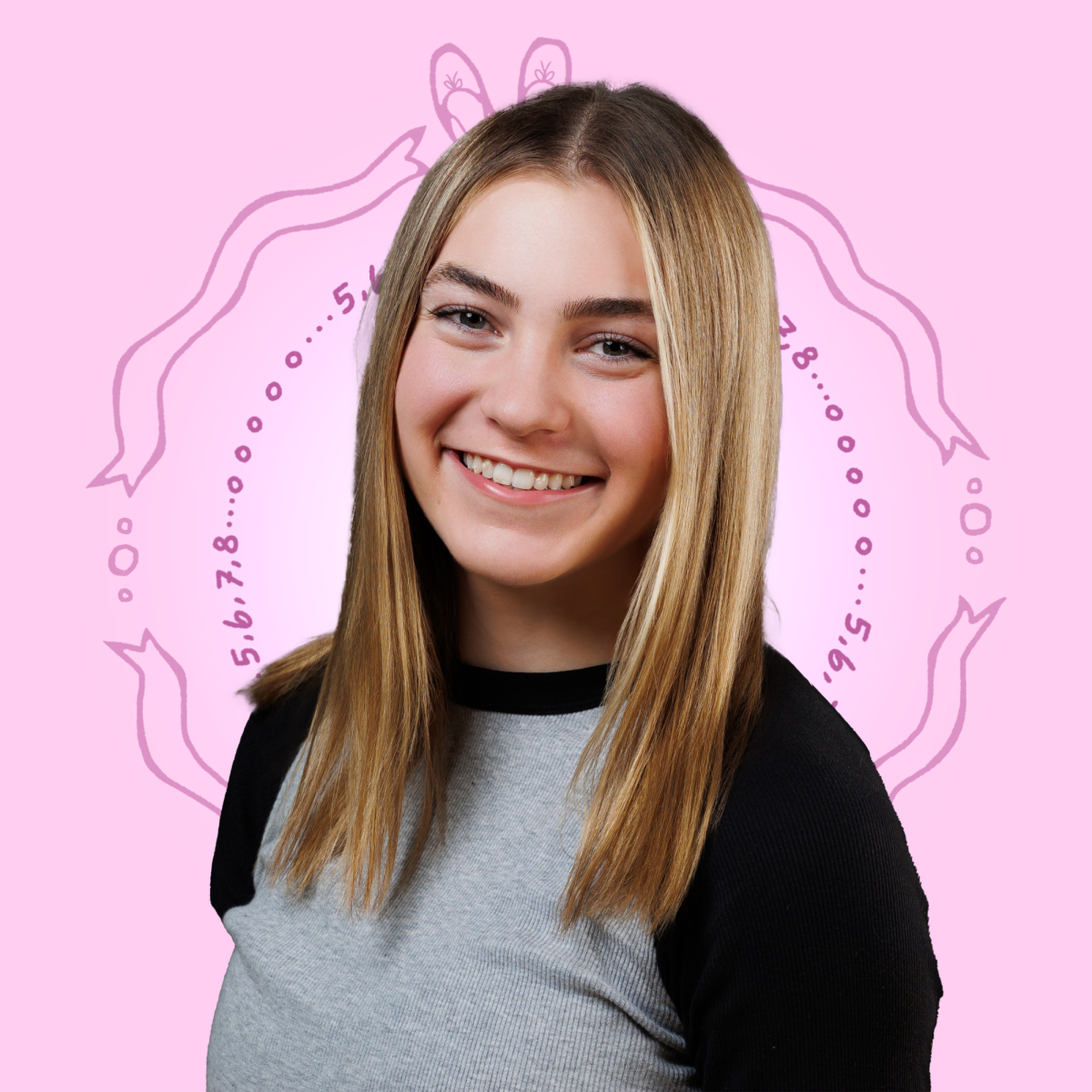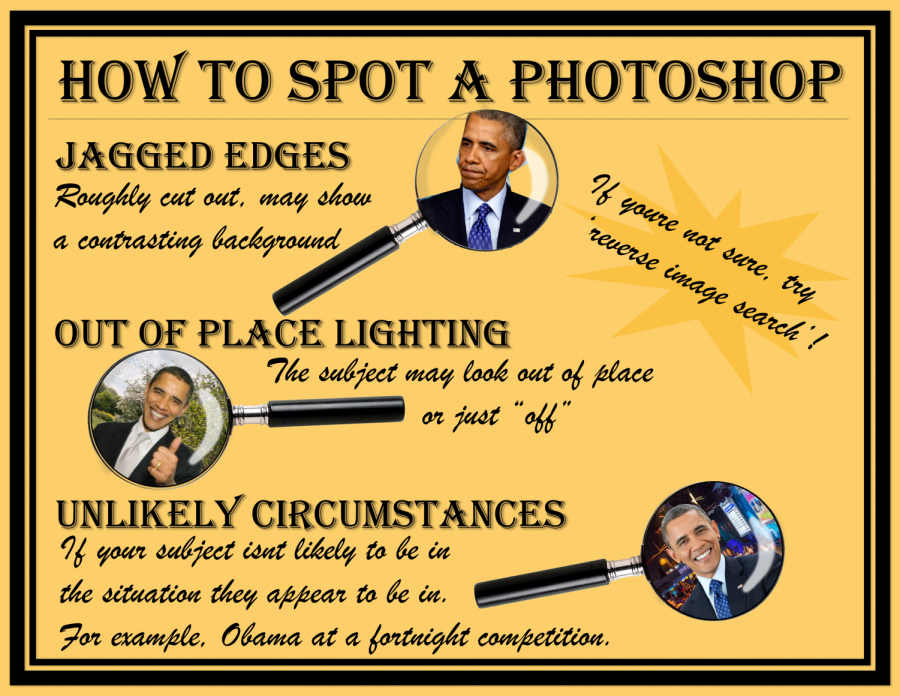Fact Check: Instagram Targets False Information
March 13, 2020
Truth can be a tricky thing to find on the Internet.
On January 6th, a photo was released that depicted former President Barack Obama shaking hands with the Iranian President Hassan Rouhani. Despite the emerging tensions between the United States and Iran, the two leaders appeared to be exceptionally friendly with each other. The photo was generously provided by Arizona representative Paul Gosar and caused quite a stir.
That is, until the photo was proven to be fake.
Instagram, along with other social media sites, are taking strides to avoid images like these from being uploaded to its servers. As of December 15, 2019, it implemented a program to ‘fact-check’ flagged posts that are on its site. Global sources such as Lead Stories, AFP APAC, and 43 others have partnered with Instagram to tackle misleading information from spreading on the platform.
“We want you to trust what you see on Instagram,” says Instagram on its blog. “Photo and video based misinformation is increasingly a challenge across our industry, and something our teams have been focused on addressing.”
Posts that have been flagged are sent to third-party organizations to be fact-checked. Instagram combats these ‘false images’ by limiting their distribution.This means that they are removed from the Explore page as well as any hashtag that they might be included under. The warning of false information is given on feeds, profiles, direct messages, as well as stories.
The fact check has mainly targeted images and videos from meme pages, warning users not to snip their tire valves or that putting a ball of tin foil in the microwave will not make it smooth. Thus, the meme community has turned the interface into a joke in itself, testing how thorough the fact checking process is. Africa Check, one of the more familiar associations
While “Africa Check” has become a harmless joke, what caused this update?
The spread of false images and manipulated images through social media is not a new ordeal. The birth of photoshop opened up a world of possibilities when it comes to making things look larger than life. While this has led to people altering their physical appearance and digital art, the technology can create issues on a more global scale.
Along with the aforementioned photo, other image-altering technology proves a threat to politics. Programs like Deepfakes can realistically fabricate scenarios that could potentially create larger issues.
The takeaway from this incident is that the internet affects politics. The 2016 election was the most prominent inspiration for these features. According to a study done by Ohio State University, fake news might have actually played a significant role in the election of 2016. Believing in fake news was a bigger influence in dissuading voters from choosing Hillary Clinton than being a Republican or simply not liking her amongst those who voted for Obama.
One of the most notable events from this era was the invasion on Russian bots on different social media platforms. These bots, sent by the Russian Internet Research Agency (IRA), had the sole purpose of causing division among Americans and suppressing them from voting. A particular strain went after Black audiences, dissuading them from voting for Clinton and thus lowering the Black turnout at the polls. The most alarming part of this is the mass amount of influence these bots emassed. And while the majority of reporting focused on the impact on Facebook and Twitter, an in depth study by the Senate Intelligence Committee showed that the most successful platform for the IRA was, in fact, Instagram.
Nowadays, the majority of people get their news from online sources, and social media is one of the largest platforms to do so. With Instagram being one of the most used social media sites, it is the perfect target for misinformation. Adriene Klein, a Highland senior, is aware of this vulnerability.
“I think social media is incredibly important because it’s the quickest and most common method of mass communication we have access to,” Klein said. “It is much easier nowadays to spread information through these platforms than ever before.”
This is why businesses, news organizations, and influencers flock to sites like these. The sheer amount of people that can be reached is appealing. This amount of people, though, also means that the workload for fact checkers is overwhelming. Klein doubts the effectiveness of the program overall.
“I don’t think the fact checking feature on Instagram will be useful because inevitably it will be used for everything but actual news and information,” Klein said.
This would be accurate. Facebook, which owns Instagram, has guidelines when it comes to the way that they check the information on their sites. Representing Facebook at the Atlantic Festival in 2019, Nick Clegg, VP of Global Affairs and Communication said this:
“We rely on third-party fact-checkers to help reduce the spread of false news and other types of viral misinformation, like memes or manipulated photos and videos. We don’t believe, however, that it’s an appropriate role for us to referee political debates and prevent a politician’s speech from reaching its audience and being subject to public debate and scrutiny.”
Facebook does not actively sent campaigns from politicians to their fact-checkers, and will only do so if said politician shares information that has previously been debunked. Otherwise, Facebook will not insert itself into political conversations. It would be safe to assume that Instagram will have the same attitude.
But as the 2020 election approaches, it begs the question of whether or not these policies will be effective. As political campaigns grow in importance, so will the need for accurate information. This is furthered by a study of the Implied Truth effect, where, when there are headlines with false news warnings, those without are automatically believed to be true.
“In my opinion, the general public should just accept that they can’t fully trust any source other than unbiased news outlets,” Klein said.


